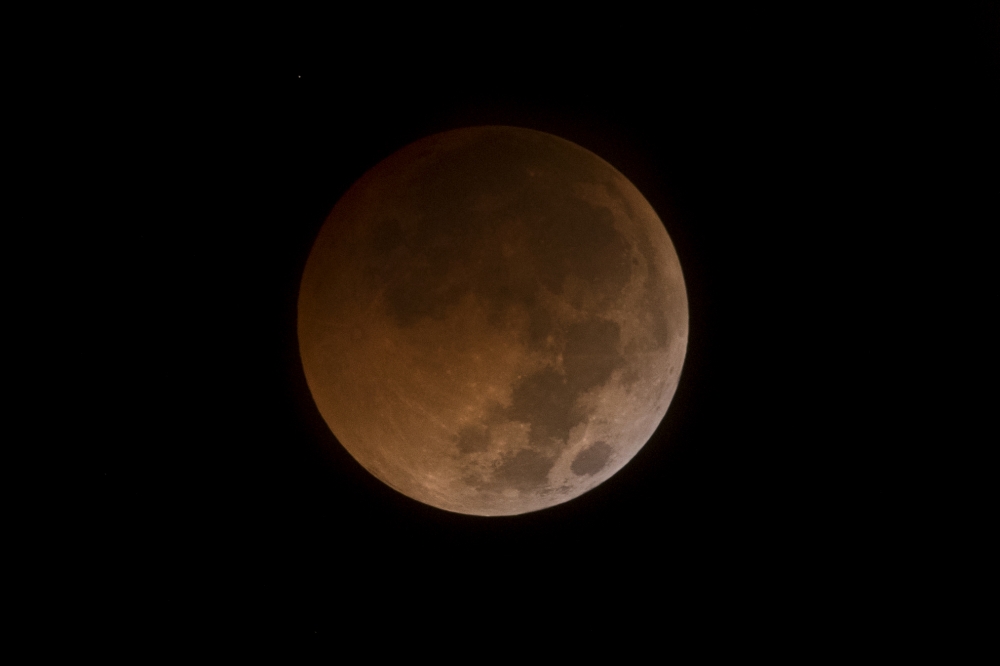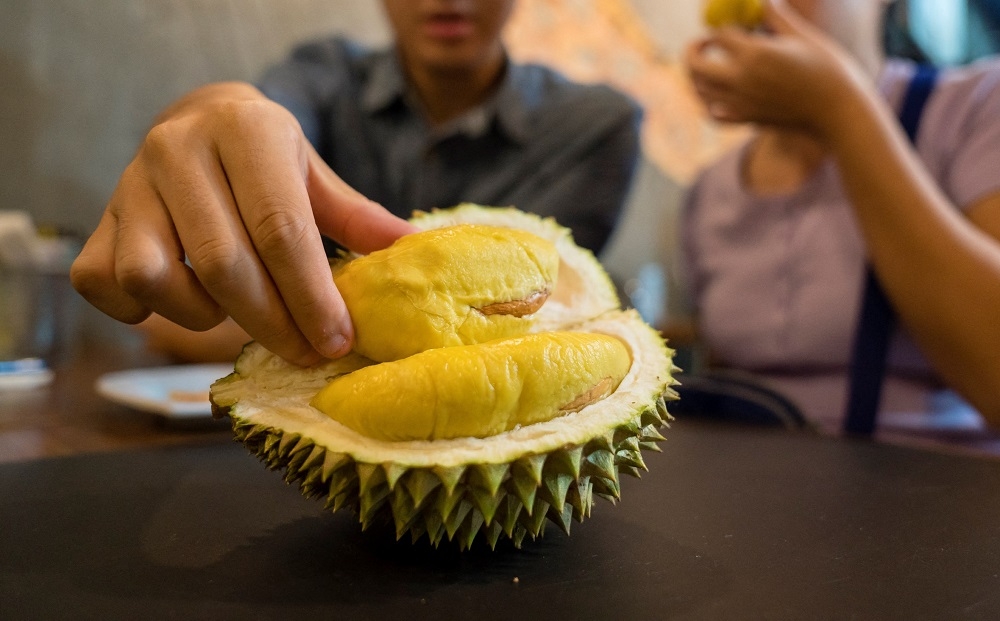KUALA LUMPUR, May 12 — China’s budding durian production will not affect local farmers and exporters for at least the next decade, according to Malaysian Agricultural Research and Development Institute (Mardi) director-general Datuk Mohamad Zabawi Abdul Ghani.
He said that’s because the 2,000 hectares on Hainan Island projected to yield 2,450 tonnes of the thorny fruit per season is still unable to meet China’s durian demand, Utusan Malaysia reported today.
“There is no need for worry as what they have planted is not sufficient for the number of people in that republic. A very large difference,” he was quoted as saying.
He said China will need to wait at least another four more years to increase its production of durians as Malaysia’s technology and research over durian cultivation here is more advanced.
“We have a planting technology package while China has only just started learning and because of that I feel that there does not need to be any concern about the country’s durian market,” he was quoted as saying.
He claimed mainland Chinese also preferred durians from Malaysia.
“In fact, the Chinese like our durian more than Thailand's.
“Additionally, based on the findings of a study we have done, 95 per cent of the people of the republic stated that Malaysian durians are better than those from Thailand,” he was quoted as saying.
Last Friday, Top Fruits managing director Tan Sue Sian was reported as saying that the export of frozen durians is expected to be 50 per cent lower than last year and that production had decreased despite the high demand from China.
Local durian producers reportedly warned consumers that the high cost of fertilisers due to the Russia-Ukraine conflict and the closure of the Shanghai port due to the month-long citywide lockdown have caused a 60 per cent fall in production, thus skyrocketing prices of the fruit.
The producers also said durian crops, which are usually harvested in May, were affected by heavy rain.
This led to a 60 to 80 per cent reduction in the Musang King and Black Thorn varieties in Penang, Johor and Pahang, they added.



















